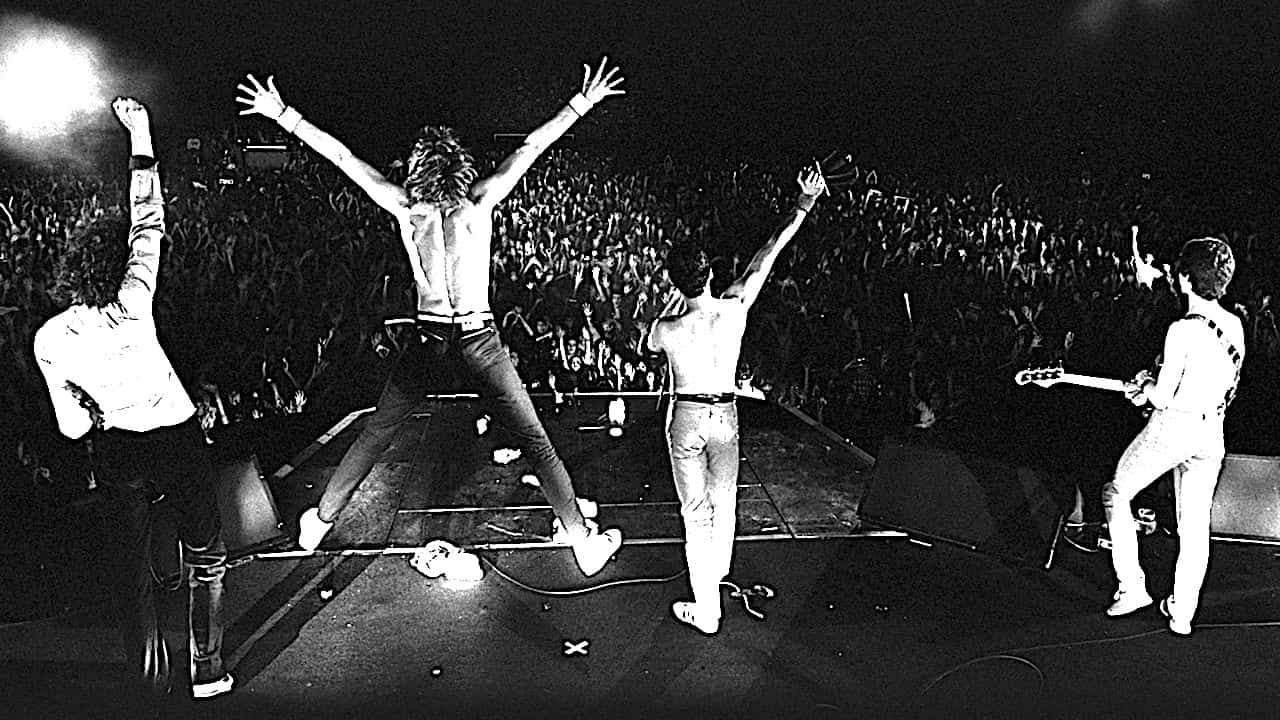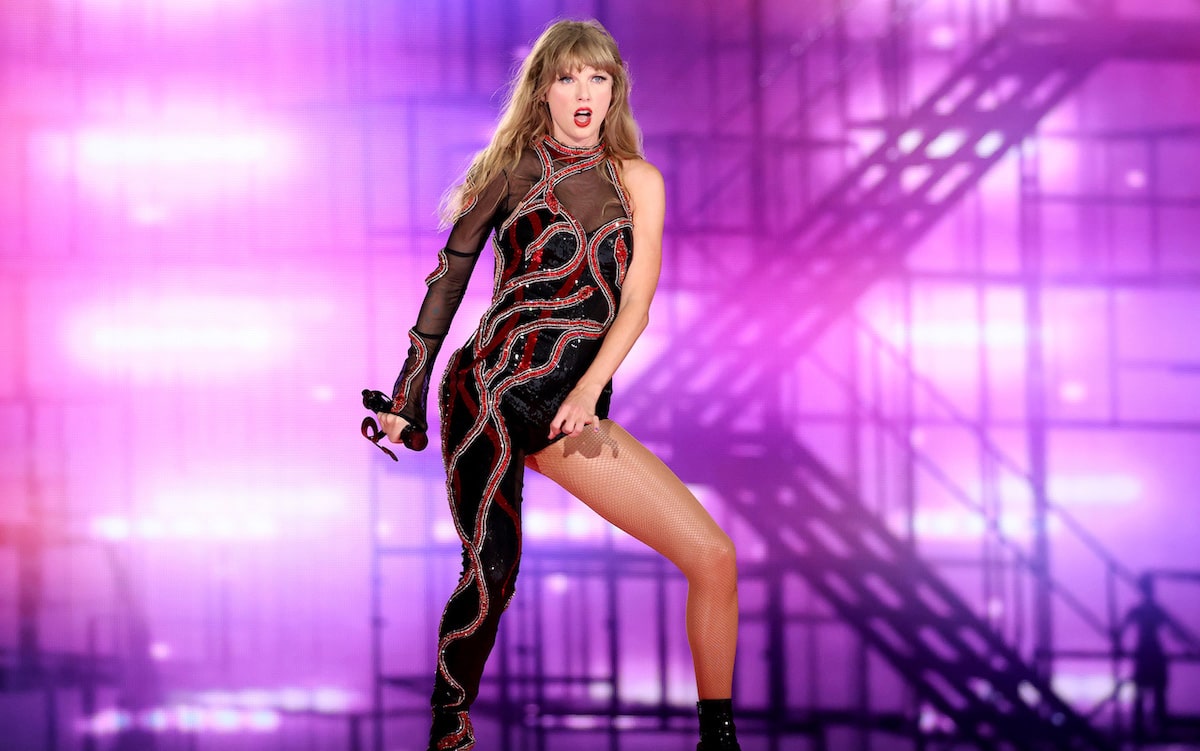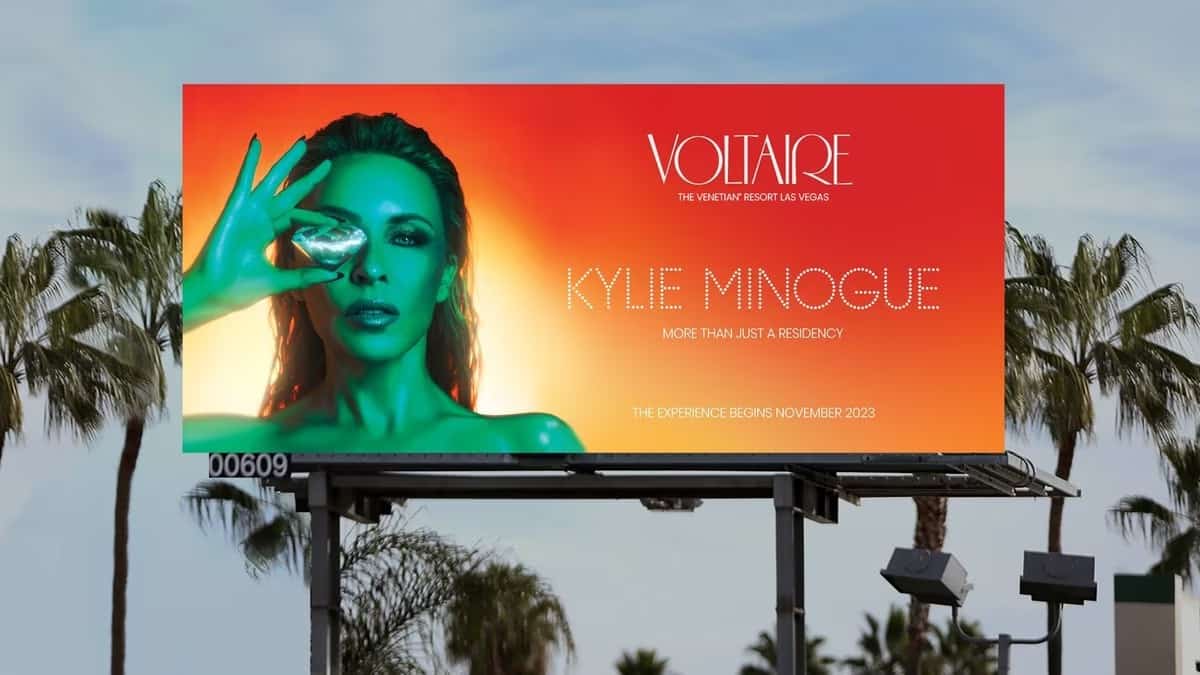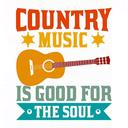The History of Concerts

From orchestras and bands to pop singers, symphonies, and more, concerts have provided folks with musical entertainment for many years. The first concerts began to pop up in the 17th century, with many of these musical performances happening in colleges and even tiny homes worldwide. Nowadays concerts span a wide range of genres. You can enjoy all of them: from traditional country, jazz, and folk to modern electronic music and rock. Not only that, but concerts have grown to include many different venues. Artists may perform at smaller, intimate clubs, substantial outdoor arenas, stadiums, and more.
The evolution of concerts reflects a fascinating journey through history, from private salons and small academic gatherings to grand public spectacles that capture the hearts of thousands. The roots of modern concerts grew from the 17th century. In those days musicians performed in intimate settings like the homes of the wealthy or in university halls. These early concerts were exclusive, offering a space where patrons could engage directly with composers like Mozart and Beethoven, whose works were then at the cutting edge of musical innovation.
As the 18th and 19th centuries unfolded, public concerts became more prevalent, democratizing access to musical performances. This era saw the rise of concert halls and opera houses, designed to accommodate larger audiences and enhance the acoustic delivery of the music. Composers such as Liszt and Paganini became early rock stars of their day, their performances drawing crowds that had never been seen before in the history of classical music.
The 20th century introduced significant changes with the invention of new technologies and the global spread of various musical genres. The development of amplification systems allowed concerts to move from concert halls to larger outdoor arenas and stadiums, making way for the birth of massive rock and pop concerts. The iconic artists and bands like Elvis Presley and The Beatles transformed the concert experience into a cultural phenomenon that attracted fans across the globe.
Today, concerts play a crucial role in the music industry and showcase a great deal of genres and styles. They provide a platform for artists to connect with their fans and also serve as community events that bring people together from all walks of life. Concerts can range from highly orchestrated performances in world-class stadiums to spontaneous live gigs in cozy city bars. They continue to evolve with technology, incorporating stunning visual effects and interactive elements that enhance the audience's engagement and overall experience.
In essence, the history of concerts is a mirror of the broader changes in society, reflecting shifts in cultural tastes, technological advancements, and social norms. As we look to the future, it is clear that concerts will continue to be an essential thread in the fabric of cultural expression, constantly adapting to innovations and the ever-changing human experience.
Notable Performers

Nowadays there is an abundance of performers –, from singers to instrumentalists and those who excel at both! Known artists such as Adele, Taylor Swift, Madonna, Pink, Lady Gaga, Carrie Underwood, Beyonce, Kylie Minogue and many others grace the stage. With advancements in technology and the music industry as a whole emerging musicians are making their mark, including those who gain popularity through platforms. Whatever music genre you prefer there is always someone to put on a performance for you!
The modern concert scene is a tapestry of talent that features a range of artists captivating audiences with their musical talents and stage charisma. From vocalists like Adele with her voice to Taylor Swift blending storytelling with catchy pop melodies; each performer brings their own unique style to the stage. Artists, like Madonna and Lady Gaga have revolutionized music by delivering performances that redefine the concert experience.
Today musicians utilize technology not only to elevate their shows with lighting displays and high definition screens but also to connect with their fans.
Social media platforms such, as YouTube, Instagram, and TikTok have transformed the music industry by providing opportunities for emerging musicians to showcase their talent to an audience without the industry gatekeepers. This shift has resulted in a range of styles and performances being accessible to the public enhancing the diversity of the music world.
Moreover, live music events now cater to tastes and preferences offering something for everyone. Whether you enjoy the energy of rock concerts the soulful atmosphere of jazz performances the emotional depth of country music shows or the rhythmic allure of hip-hop events there is an experience suited to your liking. The inclusive nature of today's music landscape ensures that both fans of sounds and those seeking trends can find live performances that resonate with them.
This era of entertainment highlights how music continues to unite, entertain, and inspire people. As artists push boundaries and audiences crave experiences more than ever before concerts remain an integral part of cultural expression, with a promising future ahead.
Noteworthy Concert Events

As concerts grew in popularity over the years, more high-profile social events began to pop up. One of the most significant events in the music industry is the annual Grammy Awards, which began in 1959 and takes place each January. Not only is it an award show, but the Grammy’s include plenty of live performances from the industry’s most incredible stars. Other noteworthy concert events include the Coachella Valley Music and Arts Festival, which takes place each year in California, and the New York Philharmonic Memorial Day Concert, an annual free event.
Another recognized event is the Coachella Valley Music and Arts Festival held annually in Indio, California. Starting as a music festival Coachella has transformed into an experience featuring artists from diverse genres impressive visual art displays and an enticing variety of culinary delights. It has become not about music but, about celebrating artistic creativity and showcasing cultural diversity.
On another note the New York Philharmonics Memorial Day Concert holds its importance by honoring Memorial Day with music performances that provide both national reflection and musical beauty.
This outdoor concert is open, to everyone. Aims to make classical music more accessible increase community involvement and offer notch live performances to all. Such events demonstrate the evolution of concerts and music festivals, as parts of our scene. They give artists a platform to deeply connect with their audience fostering a sense of community and shared experiences among attendees. Whether it's the glitz of the Grammys the energy of Coachella or the poignancy of the Memorial Day Concert these gatherings enrich society's tapestry by showcasing how music can bring people together and inspire them.







